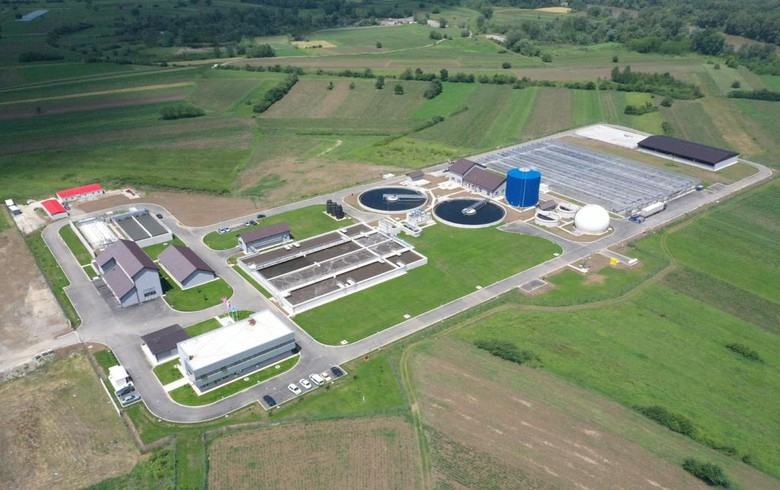
Serbia has taken another step in its plan to stop its sewage flowing into rivers.
Officials from the Ministry of Infrastructure and local authorities have signed an investment deal with Germany’s KfW development bank that, together with previously agreed loans from Hungary and China, will enable an investment waste treatment capacity of €4bn over the next five years.
At present, only around half of Serbian households are connected to a sewage treatment network, with large cities such as Belgrade, Niš and Novi Sad discharging wastewater directly into rivers.
The aim is to increase coverage to 80% of the population, bringing the country into line with Western European norms and helping its application to join the EU.
According to website Balkan Green Energy News, Serbia plans to build some 7,000km of sewerage lines and 250 wastewater treatment plants in more than 20 municipalities and cities.
Some work is already under way, and €240m will be spent this year on environmental protection infrastructure. The website quotes Tomislav Momirović, the minister for construction, transport, and infrastructure, as saying Serbia’s lack of sewerage and treatment works was a problem that had been “swept under the rug” for decades, despite the country having the economic capacity to deal with it.
In August last year, China Road and Bridge Corporation signed an agreement for the construction of 26 wastewater treatment plants in 14 municipalities as well as 700km of sewerage (see further reading).
Further reading:










